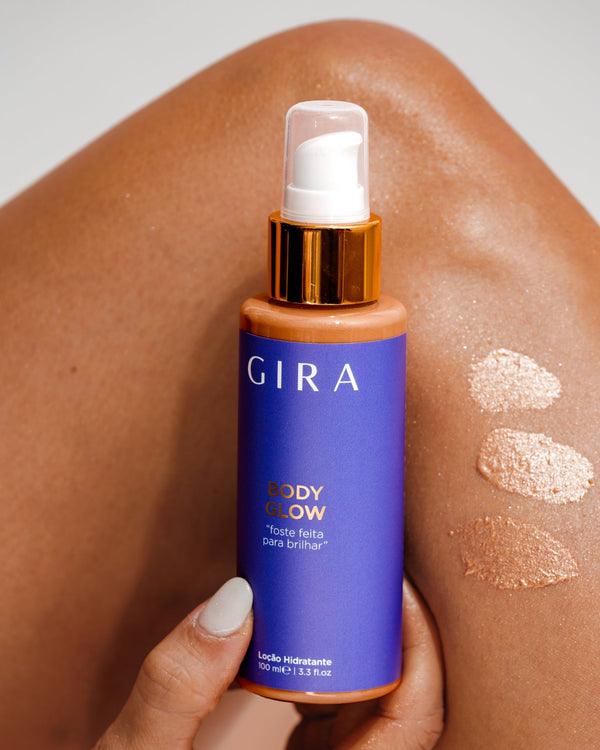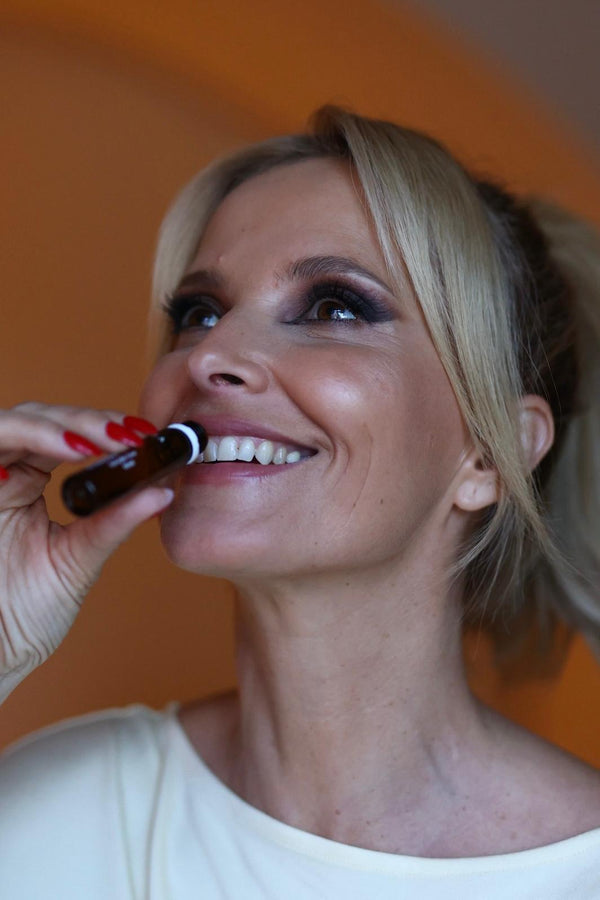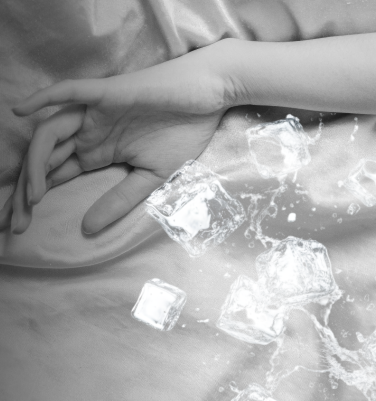Professional Article

21.04.2025
By: Fernando Mesquita | Clinical Psychologist/Sexologist
Is it possible to recover the flame of desire?
Sexual desire, also known as libido, is a natural component of human sexuality. It is what fuels our desire to touch, look, kiss… to seek pleasure!
It can be triggered in response to external stimuli, such as a provocative gesture, whispered words, an unexpected touch, an exchange of glances or the viewing of erotic or pornographic content. But it can also arise from within: from a memory, a forbidden fantasy, or simply from the desire to please the person you love.
But as natural as desire can be… it can also fade. And when this happens, doubts, guilt and insecurities often arise. But it is important to remember: desire is sensitive to what surrounds us and what is happening inside us. In fact, desire acts as a thermometer of our physical, psychological and relational well-being.
And, contrary to what we often hear, hormones are not the only protagonists in this story! It is true that hormones play a relevant role, but some chronic diseases (such as cancer, diabetes, cardiovascular and gynecological diseases), the use of certain medications (antidepressants, neuroleptics, sedatives, antihypertensives and chemotherapy), high levels of stress and anxiety, depressive states, traumatic sexual experiences, low self-esteem, poor body image, erroneous beliefs and lack of information about sexuality, negative parental messages about sex, as well as the quality of the romantic relationship itself, are not just secondary actors!
Furthermore, it is expected that a couple will experience variations in sexual desire. While at the beginning of a relationship, it is normal for couples to exude desire and feel an overwhelming desire to make love at any opportunity, as the years go by, routine tends to take over: everyday issues always seem to take priority… and sex loses its place on the agenda. However, this decrease in sexual desire is not always synonymous with a lack of passion or love!
Hypoactive Sexual Desire, also known as Lack of Libido, is one of the most common female sexual dysfunctions. It is characterized by the persistent and recurrent absence or decrease of sexual desire, as well as the lack of sexual thoughts or fantasies, significantly affecting the quality of life of the individual and, in the case of a couple, the marital relationship. And, although it can occur at any age, this difficulty becomes especially frequent during menopause, affecting around 20 to 40% of women.
This happens because with the arrival of menopause and climacteric, there is a decrease in the production of hormones associated with sexuality: progesterone, testosterone and estrogen. These changes can affect vaginal lubrication, making the mucosa drier, more sensitive and prone to discomfort during penetration, especially if suitable lubricants or intimate moisturizers are not used.
But this doesn’t mean that sex has to disappear. It just means that the body is asking for new, more prolonged and creative forms of stimulation. This can be an opportunity for couples to rediscover themselves, to deepen intimacy and reinvent the way they are together.
Yes, it is possible to rekindle the flame of desire. Sex life can gain new life when couples allow themselves to experiment, fantasize, laugh, fail and try again. Varying the routine, exploring sex toys, creating moments of seduction, accepting sexual fantasies, sharing them, understanding them and integrating them into your intimate life can be a powerful aphrodisiac. After all, desire also feeds on imagination.




